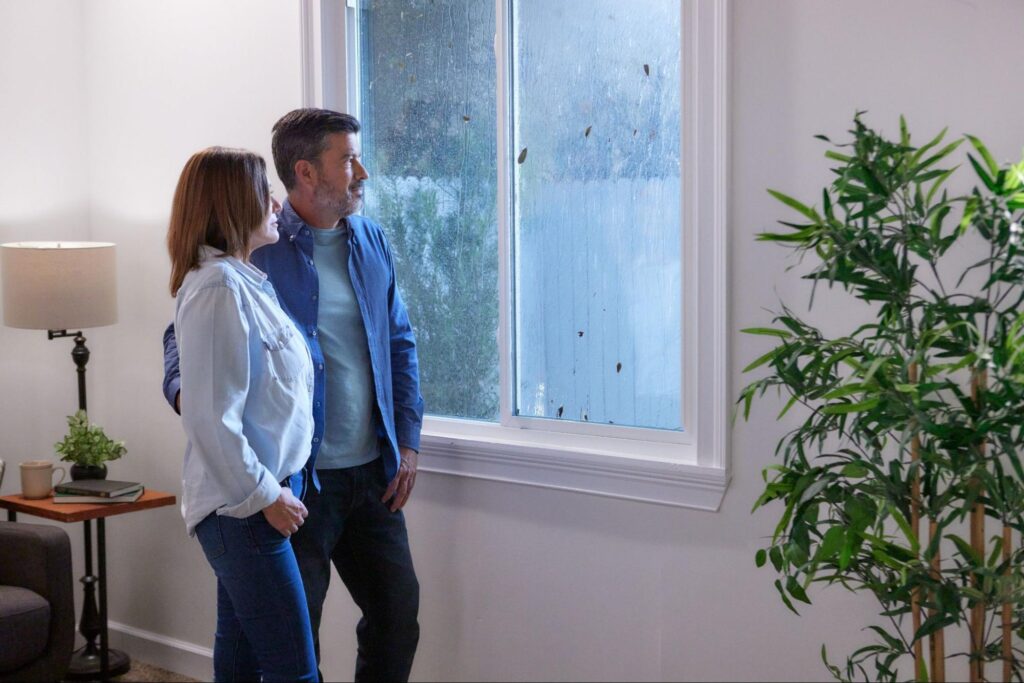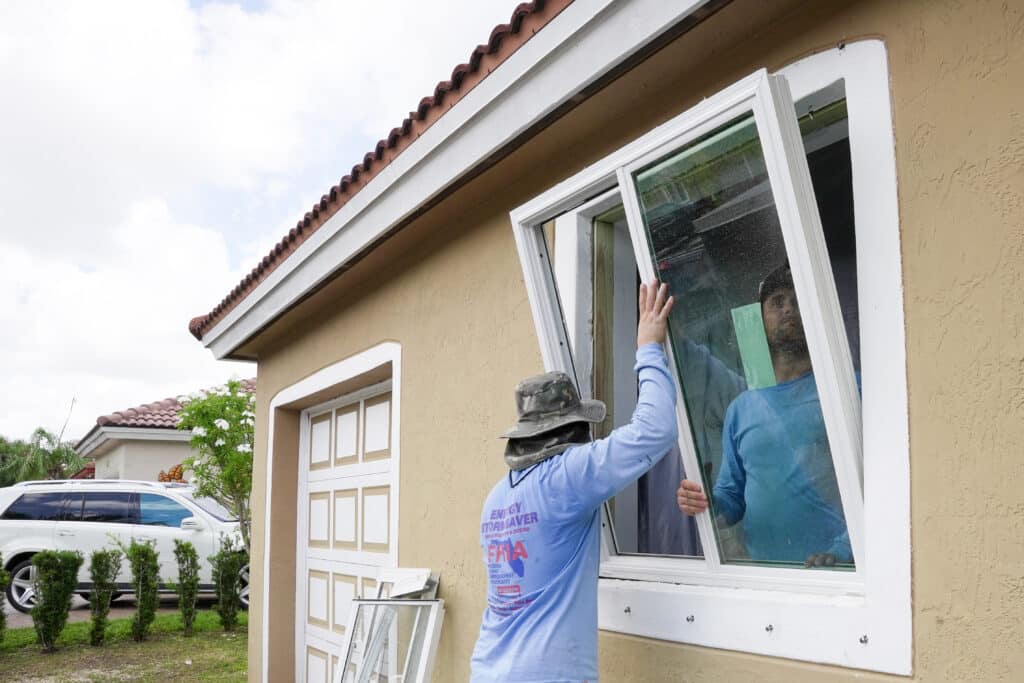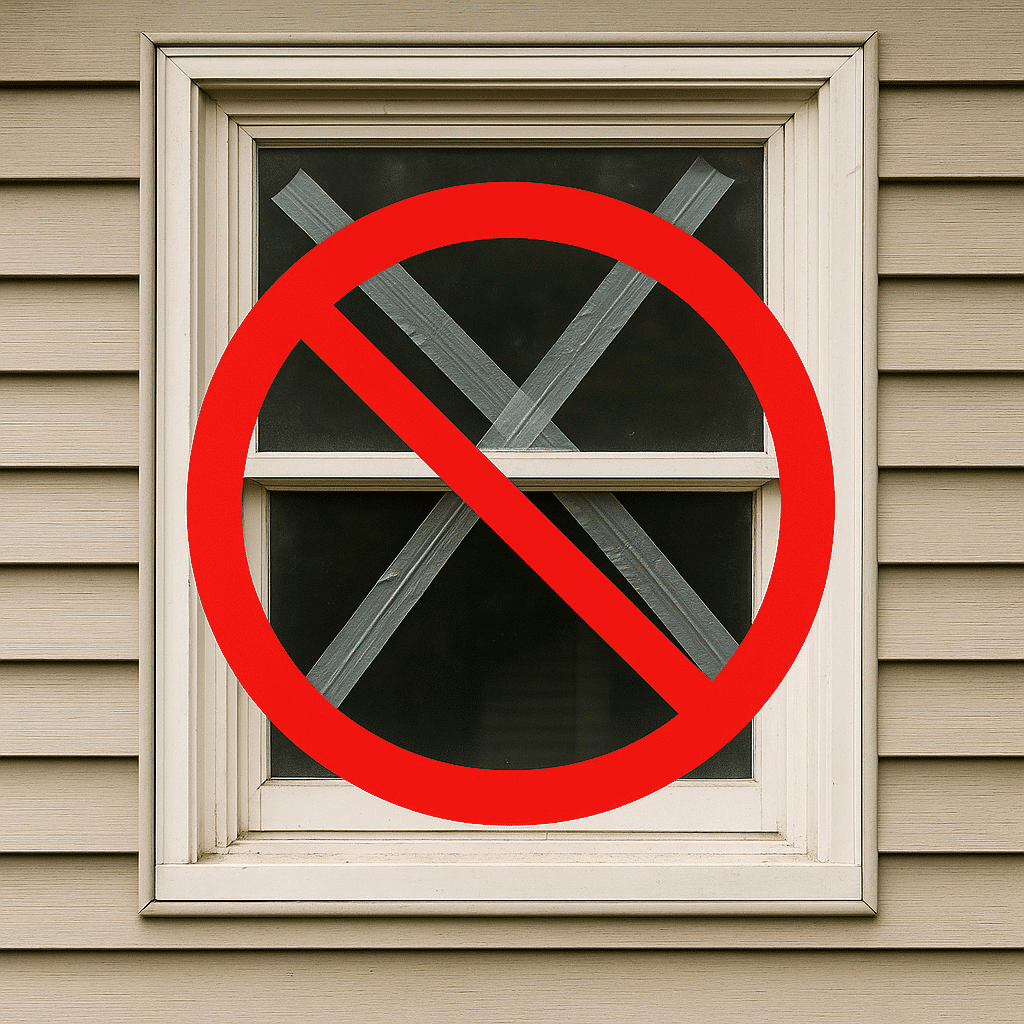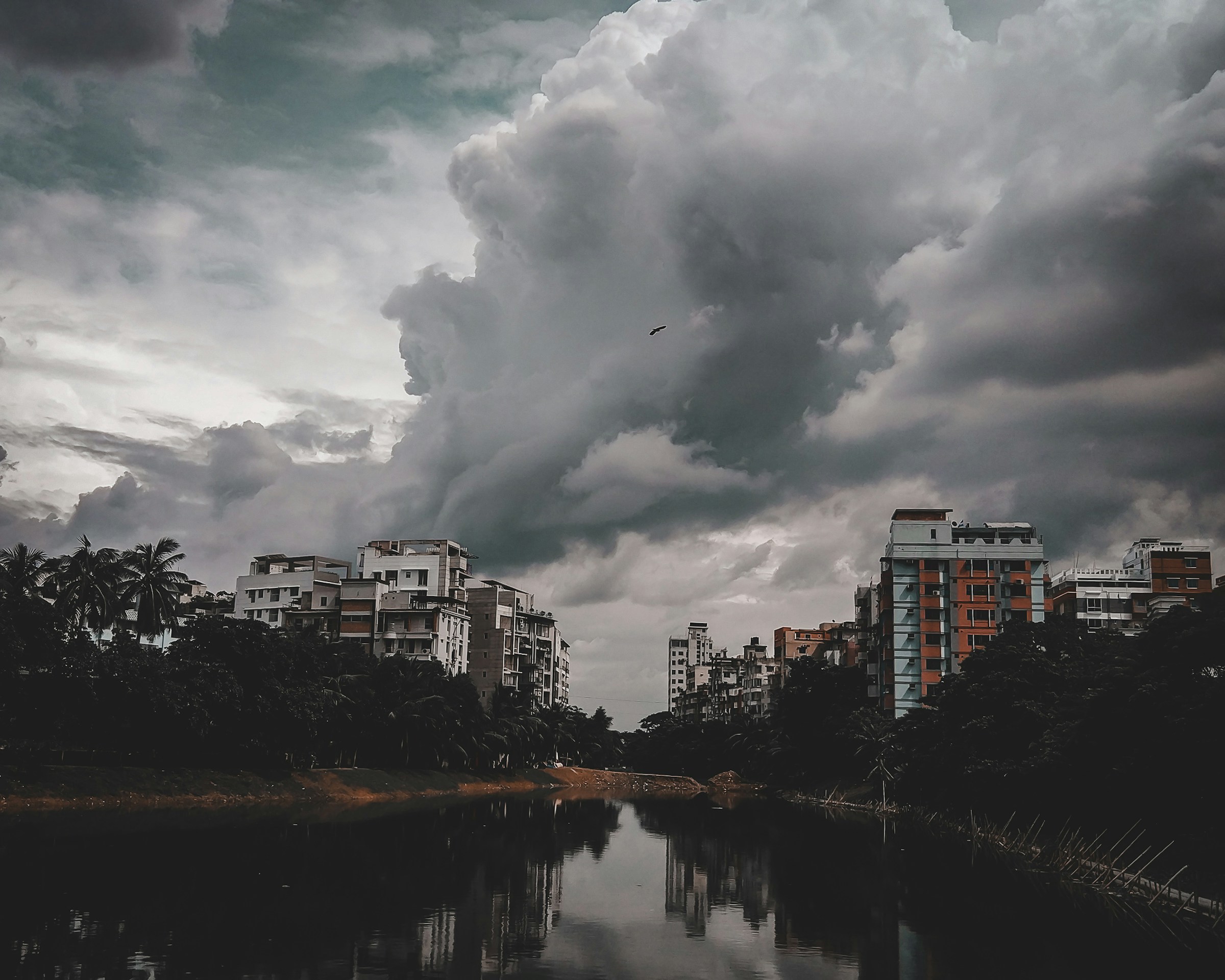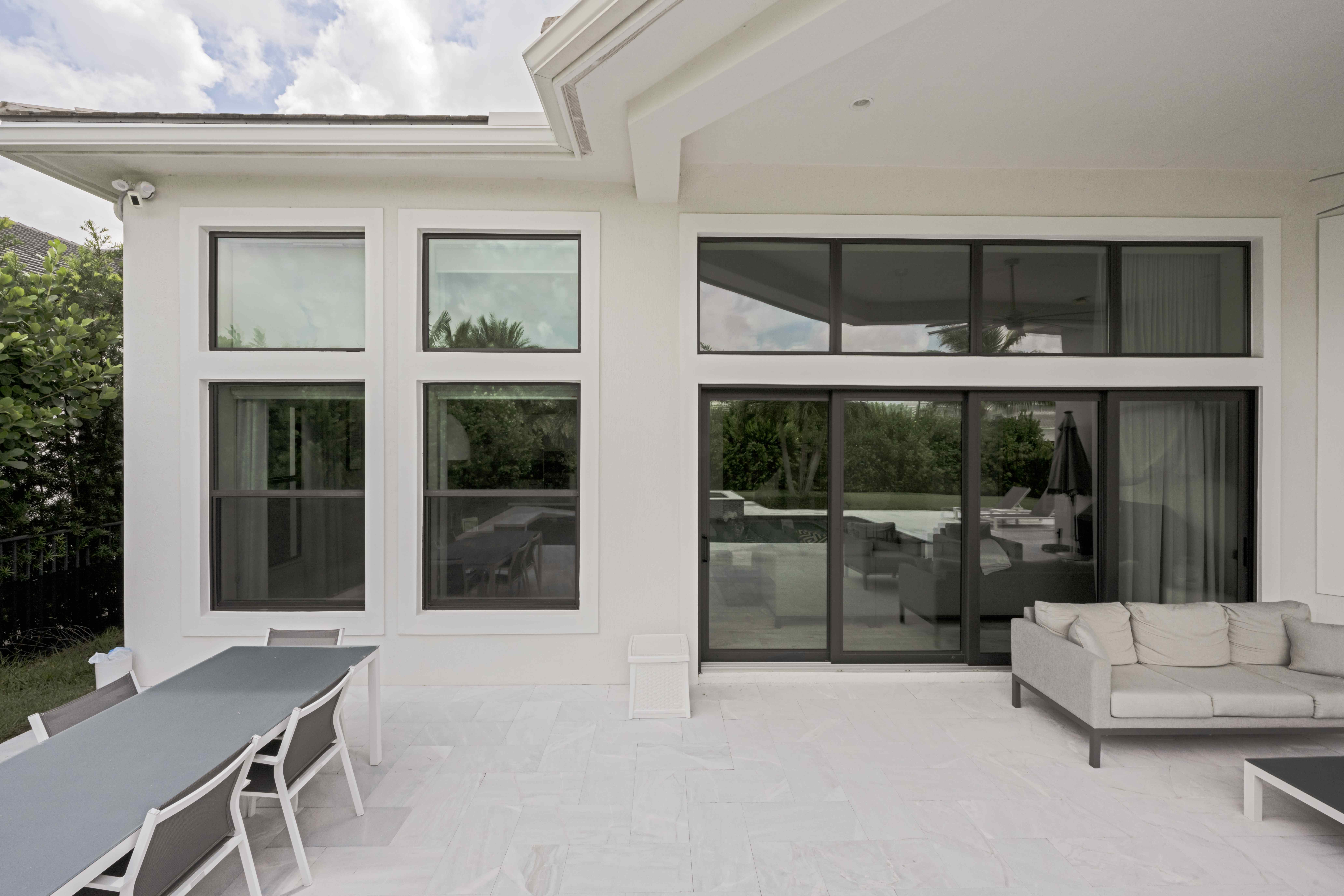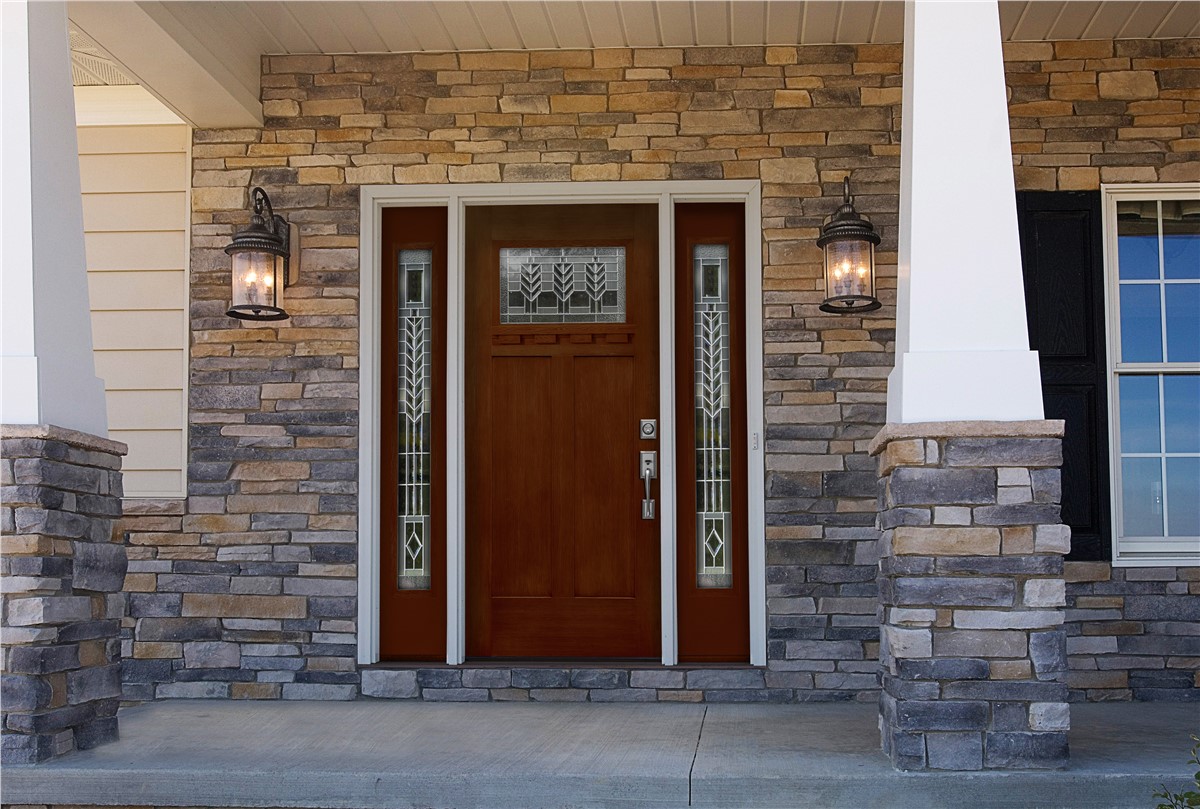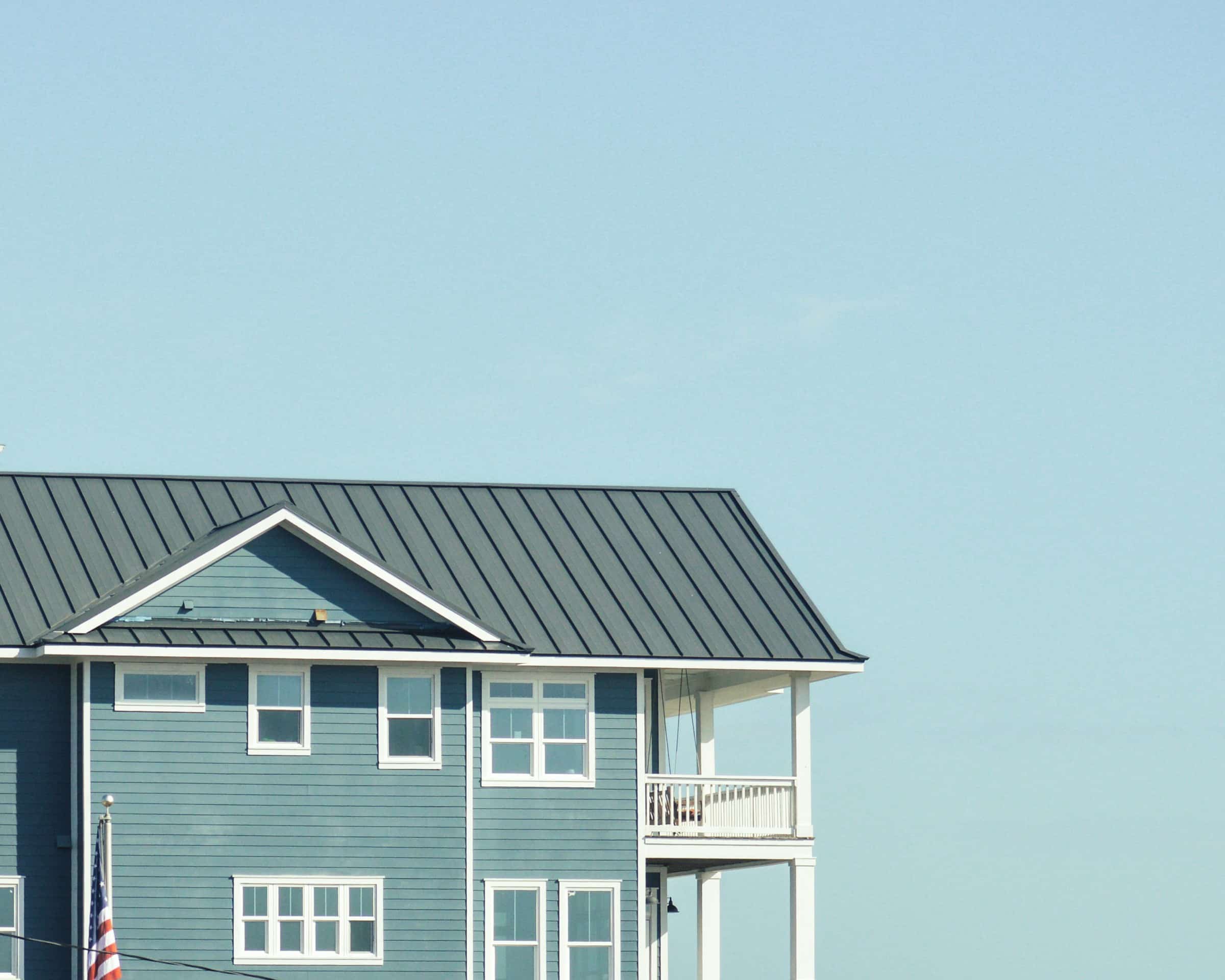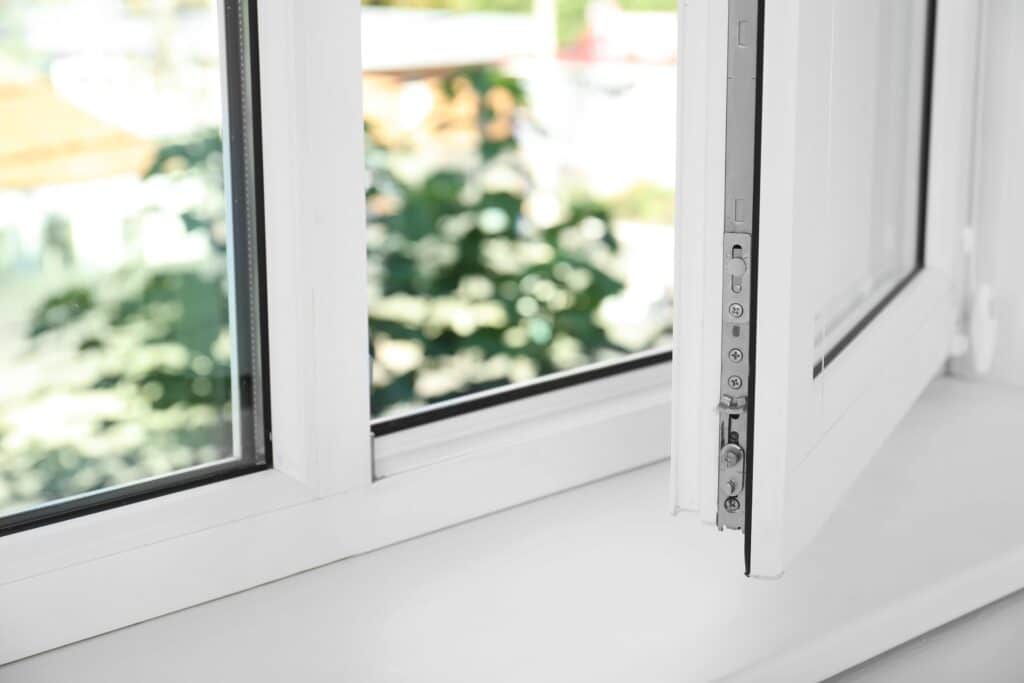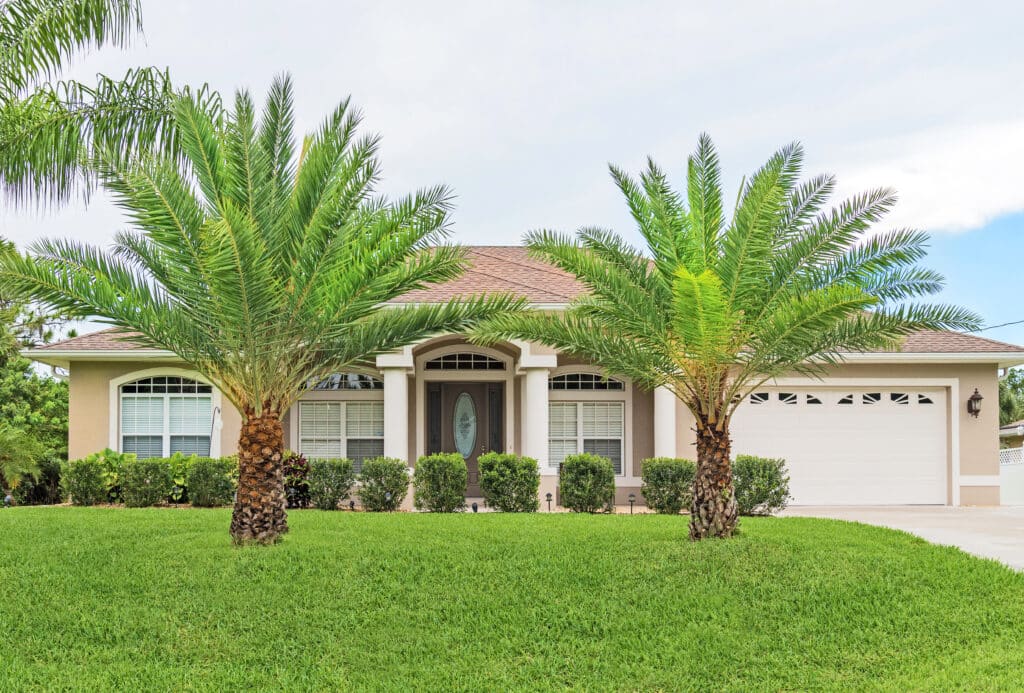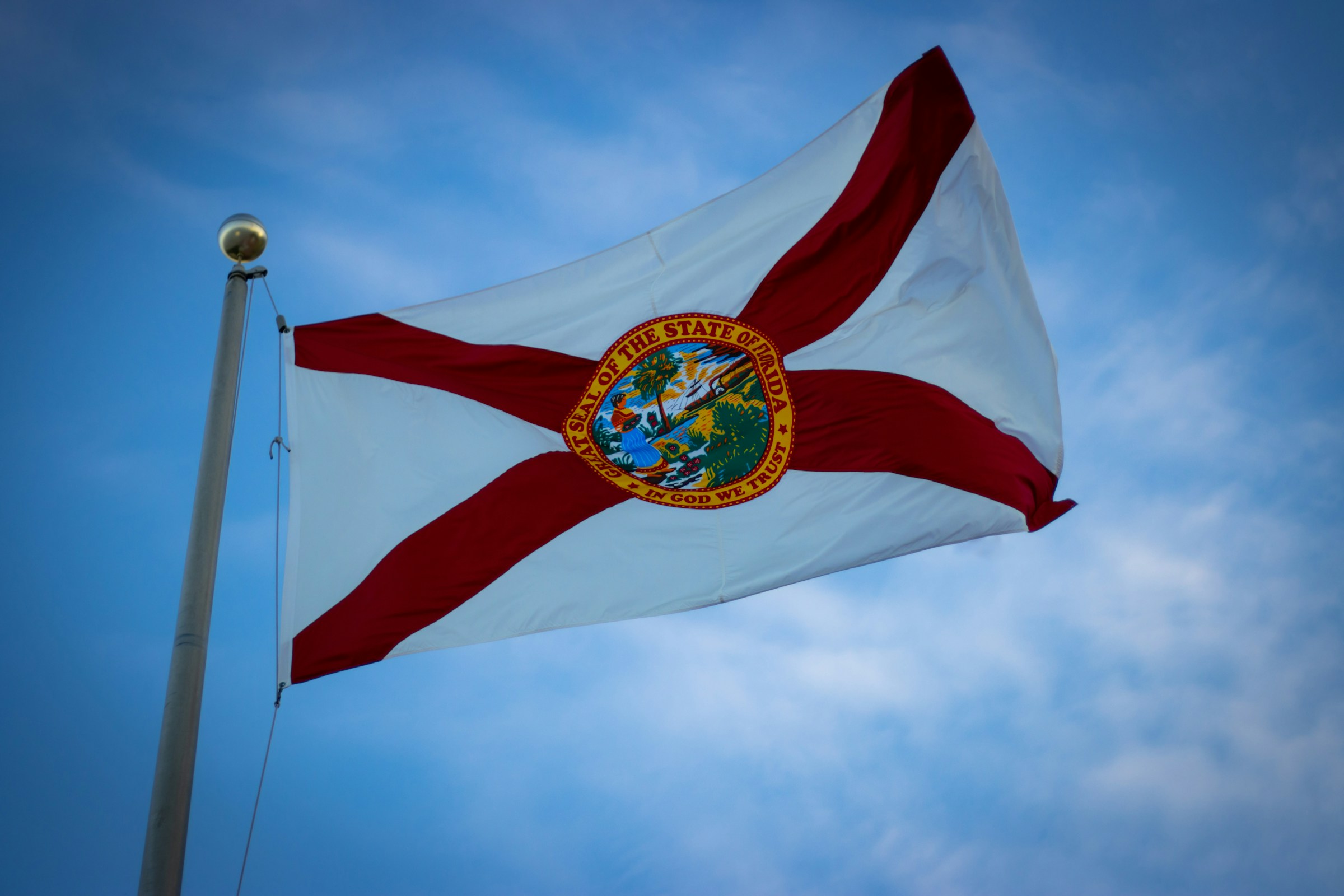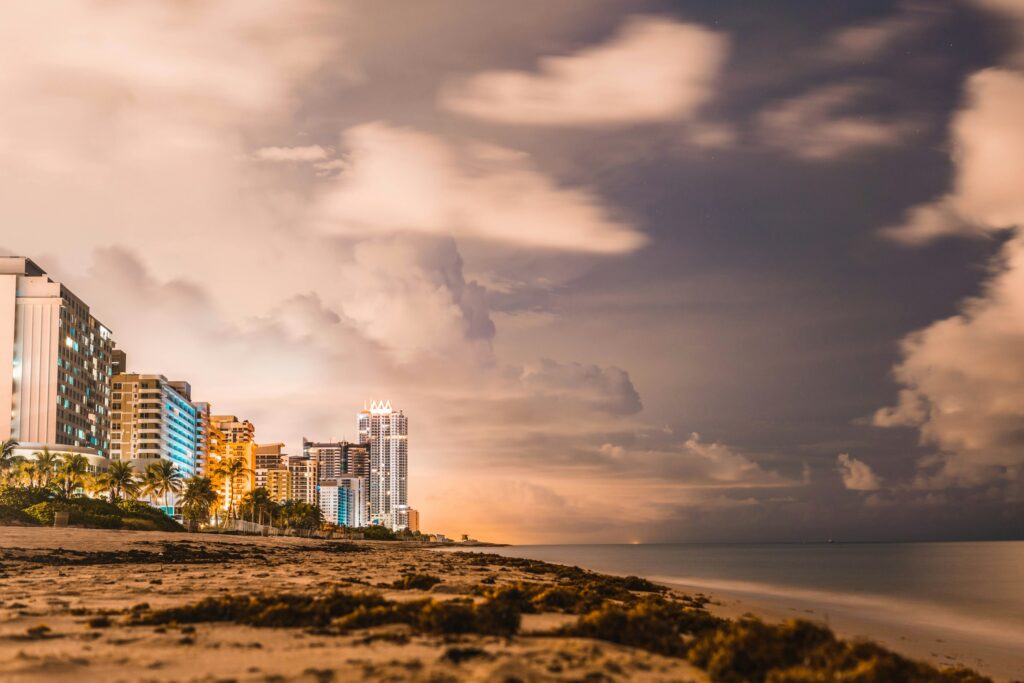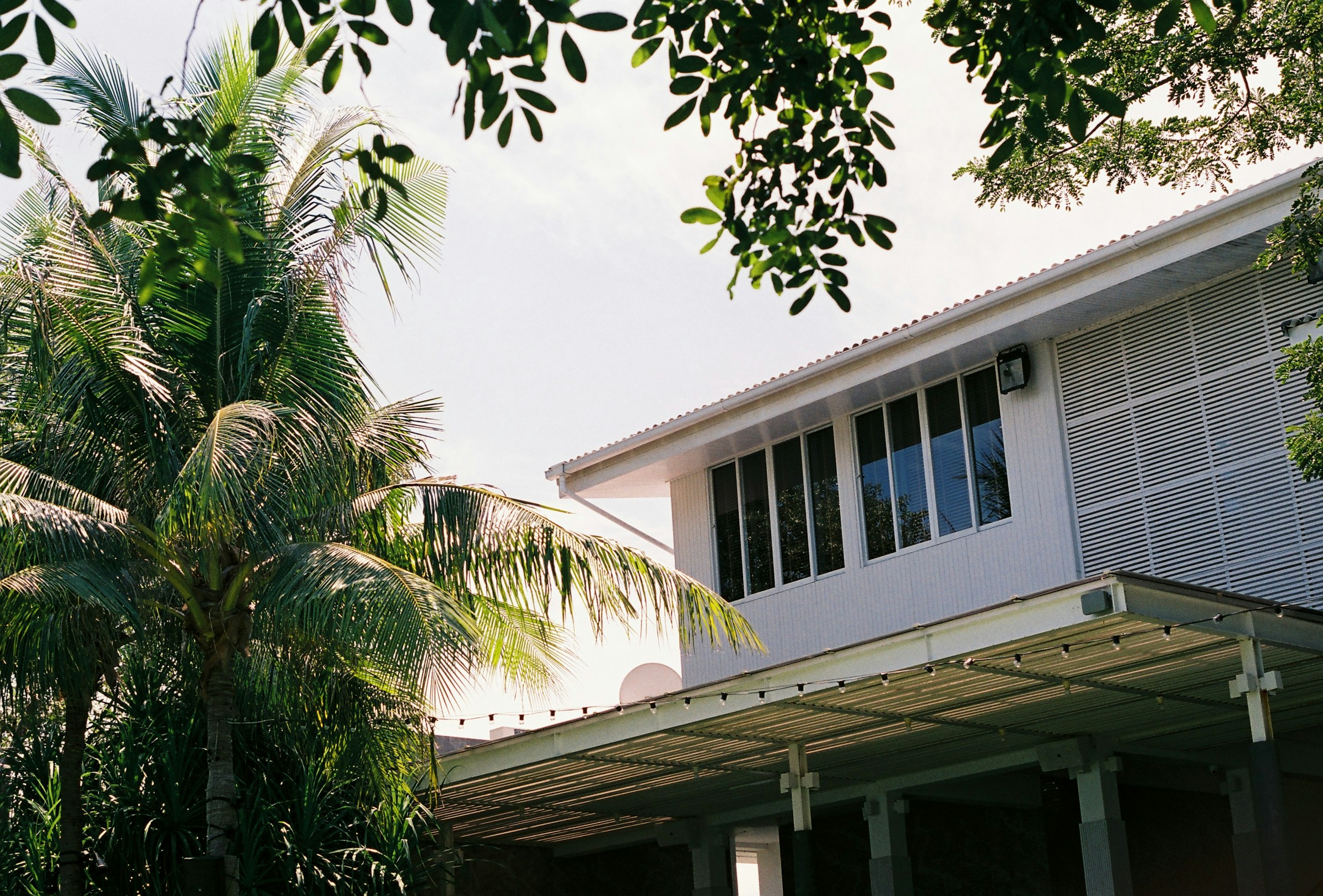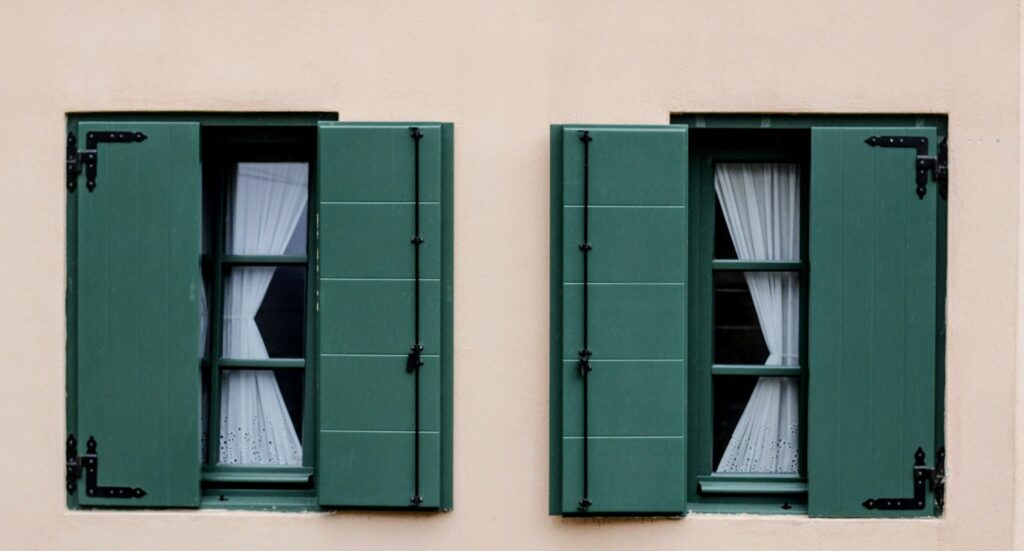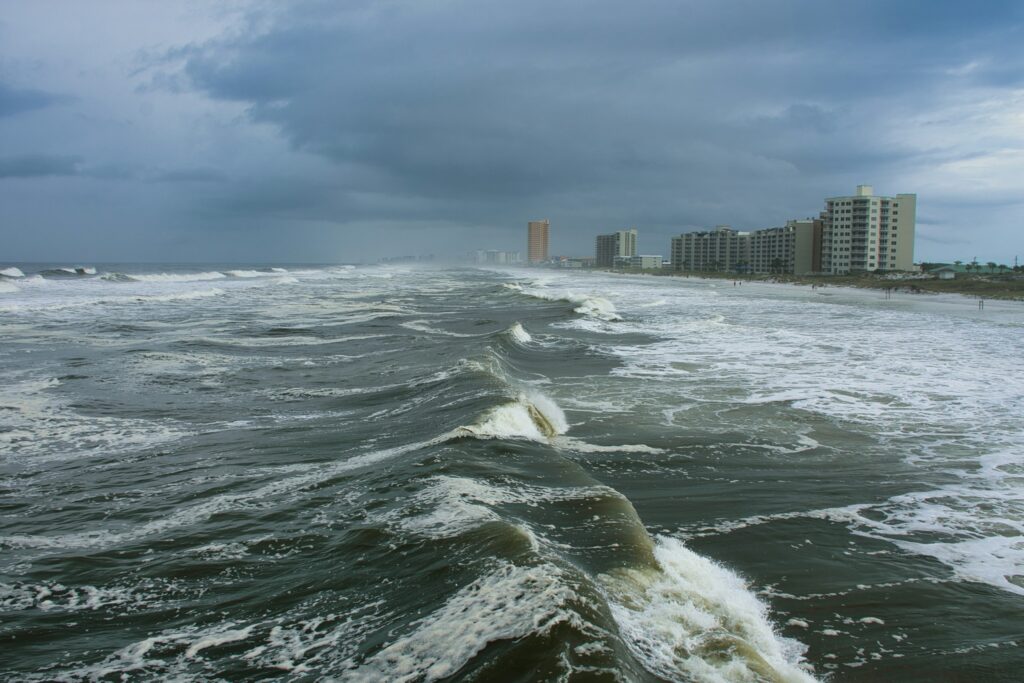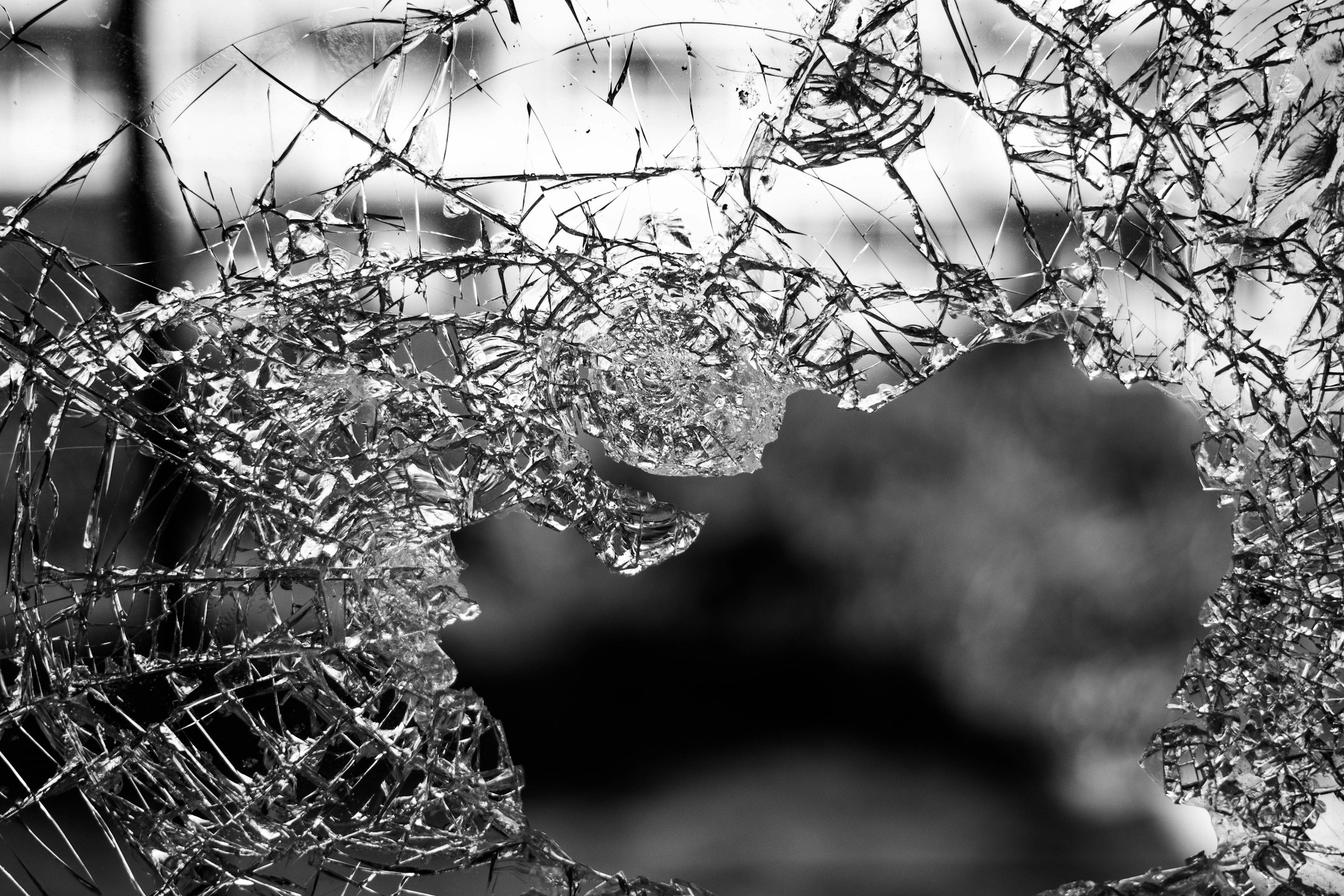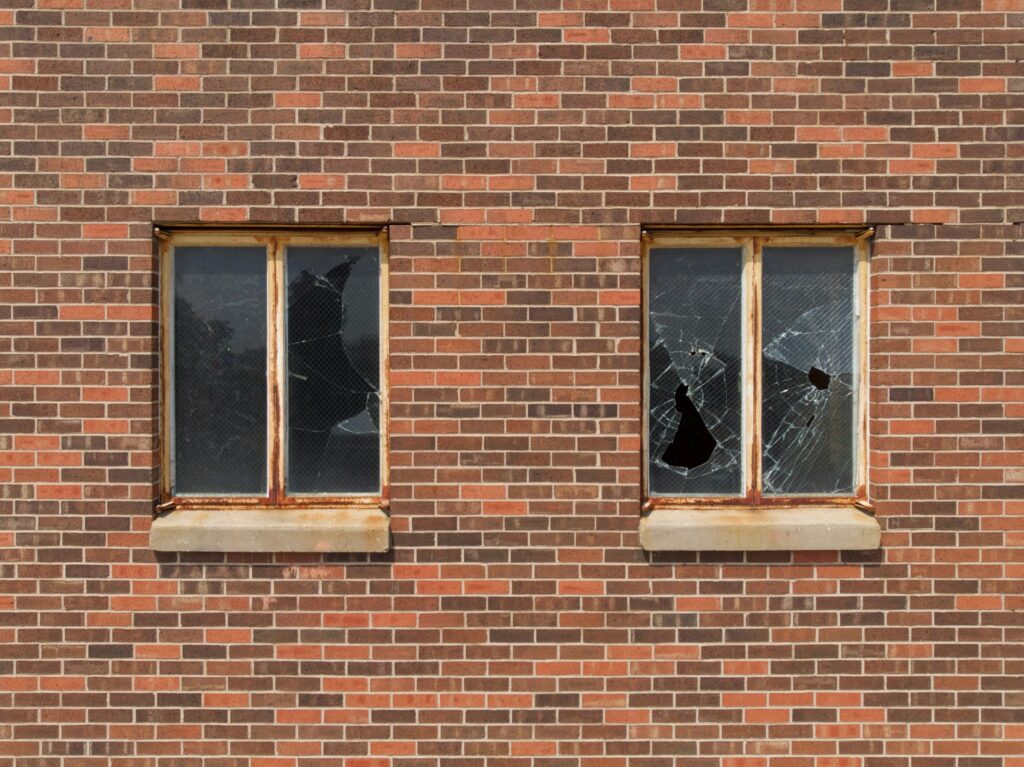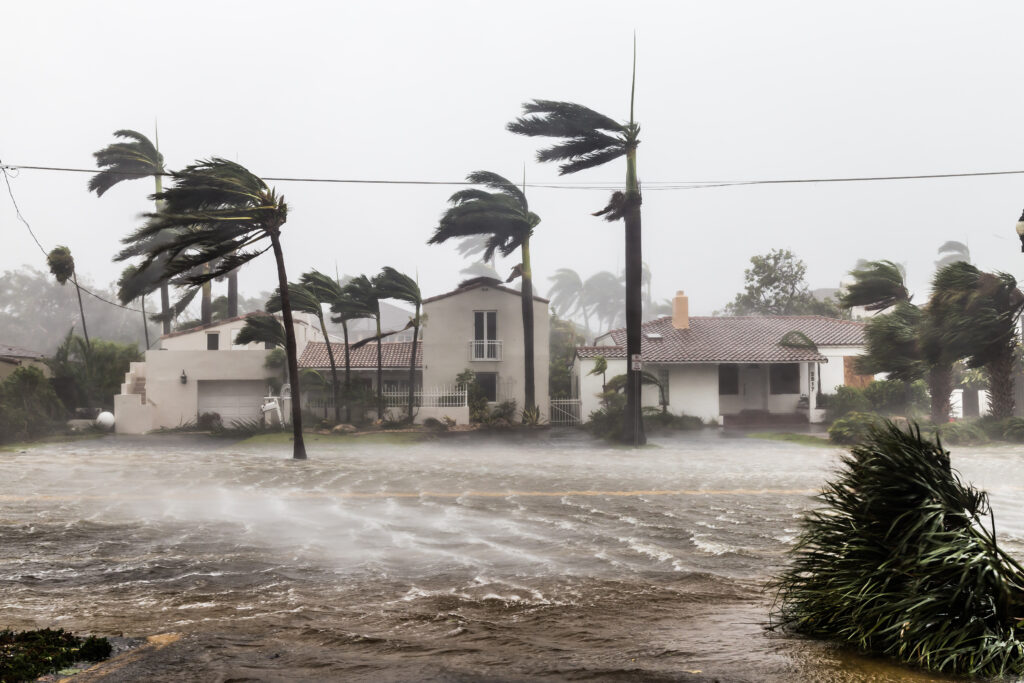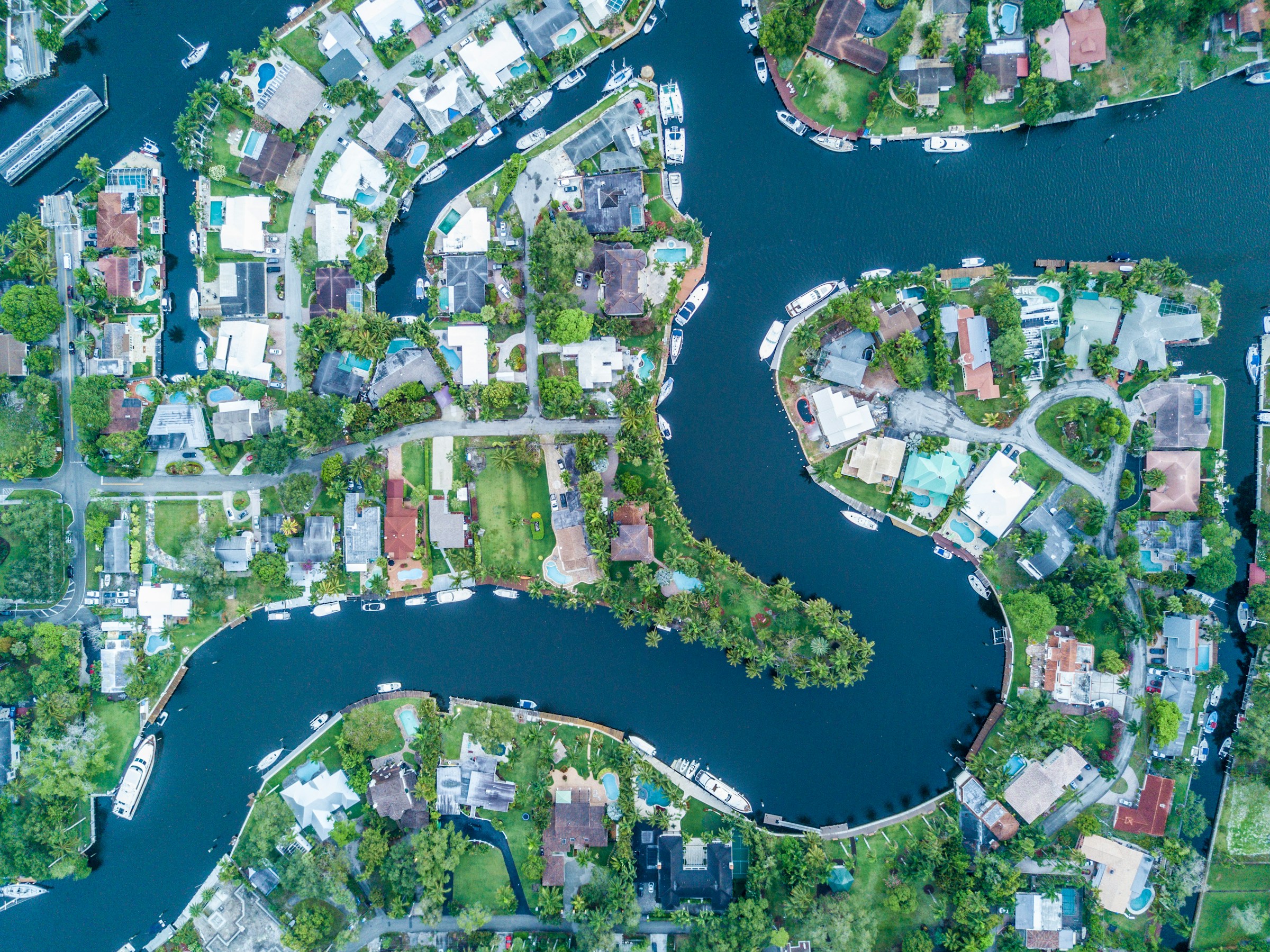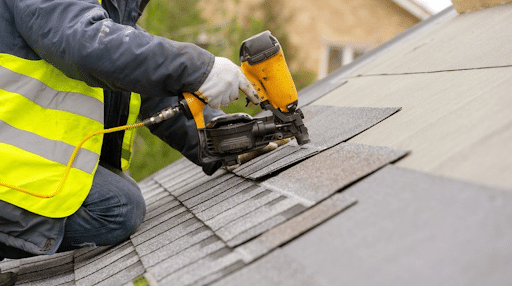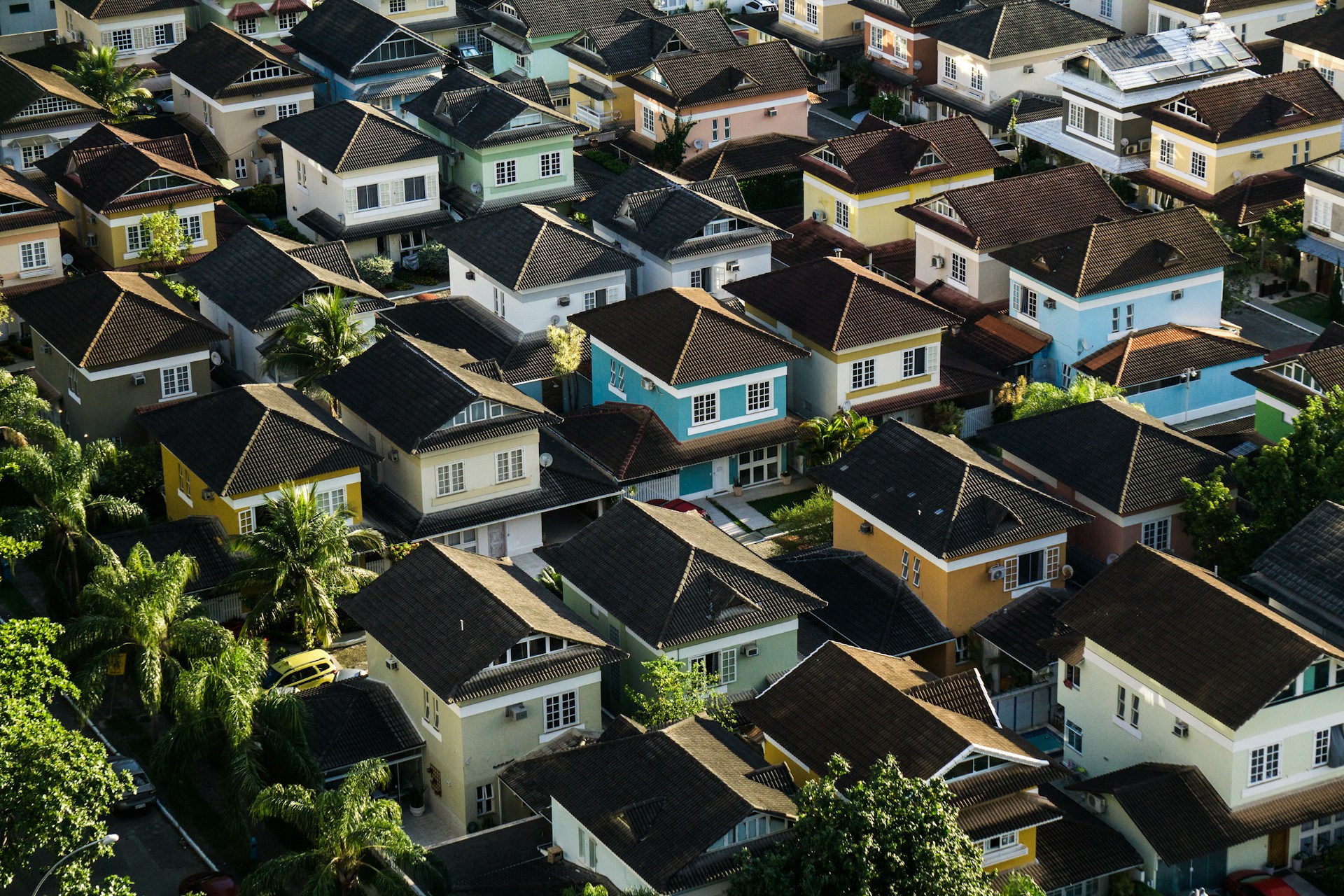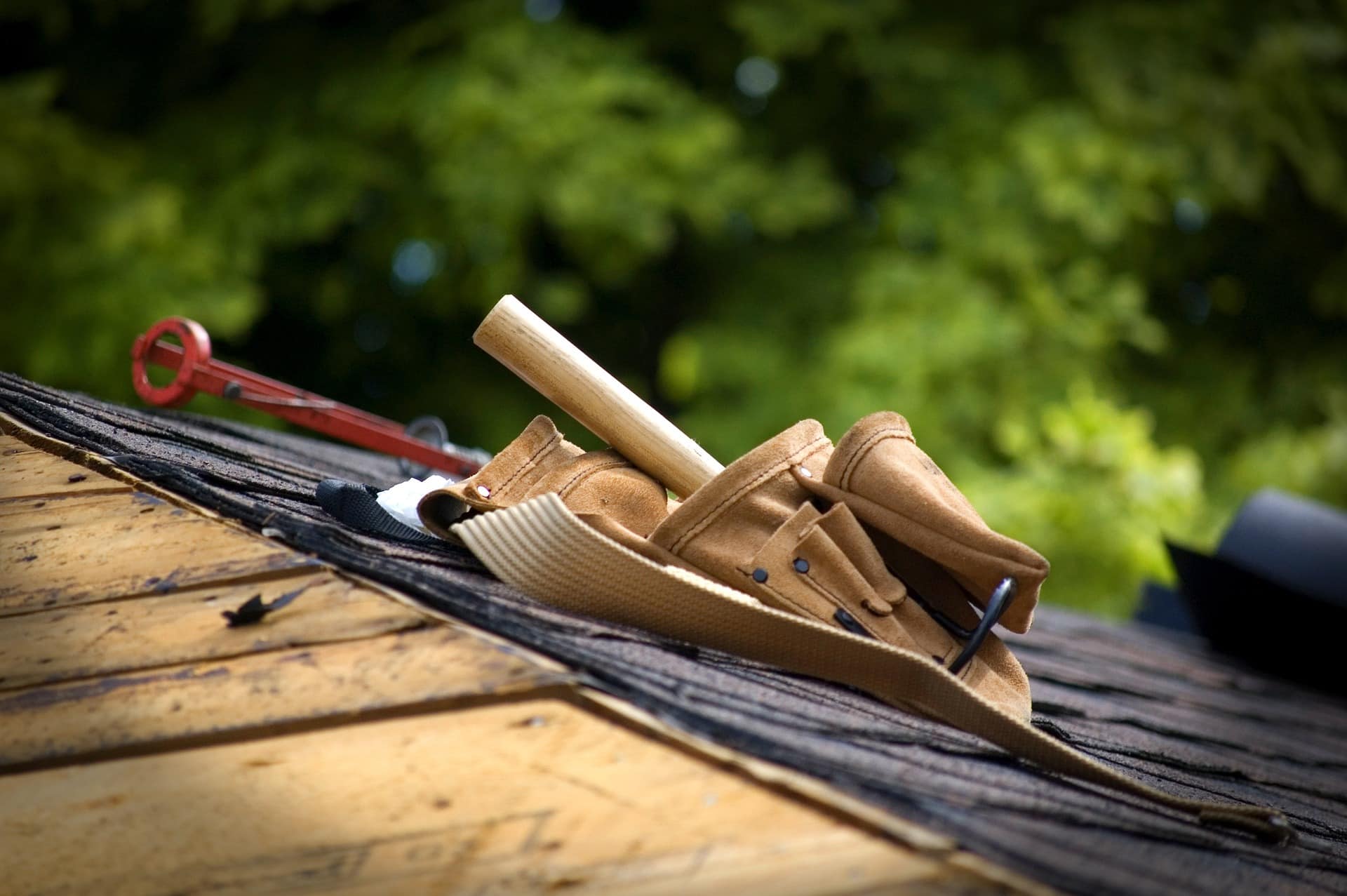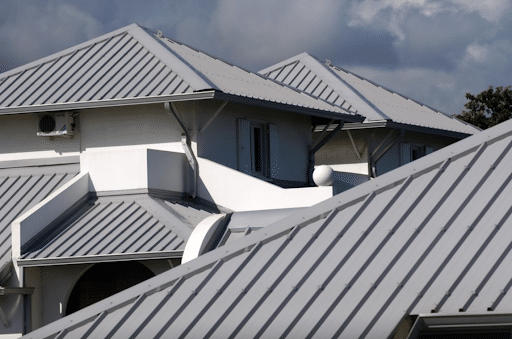Hurricane season brings powerful winds, torrential rains, and flying debris that can threaten your family’s safety and damage your property. For Florida homeowners, preparation is the key to minimizing risks and ensuring peace of mind. Among the most vulnerable areas of your home are its windows, doors, and roof — critical components that bear the brunt of the storm.
You can shield your house and loved ones from the worst of nature through impact-resistant windows and doors, along with a sturdy roof. Making your home storm-ready starts with knowing how to strengthen it.
How to Assess Your Home’s Vulnerabilities
Every house has its weak points, and identifying yours is the first step toward better protection. From hurricane windows and doors to your roof and foundation, a comprehensive check can reveal areas that need improvement.
Inspect Windows and Doors
Have you checked your storm windows and doors lately? Over time, Florida’s heat and humidity can weaken the seals around them. Cracked or brittle seals are an open invitation for water and wind to enter your home. To prevent this, inspect every window and door for wear and tear.
Replacing old seals with fresh, durable ones can make a world of difference. If you’re still relying on standard glass windows, now’s the time to think about upgrading to hurricane windows. These feature laminated impact-resistant glass that stays intact even when struck by debris.
Evaluate Roof Stability
Can your roof withstand a hurricane? Missing shingles, granule loss, or clogged gutters can spell disaster. Addressing these issues now could save you thousands of dollars later. Schedule a roof inspection with a professional contractor to ensure everything is up to code and ready for anything that comes Florida’s way.
Don’t Forget the Foundation
Cracks in your home’s foundation are another often overlooked vulnerability. Water can seep into these cracks during heavy rain, causing damage that weakens your home’s structure. Seal these gaps with high-grade caulking to keep water at bay.
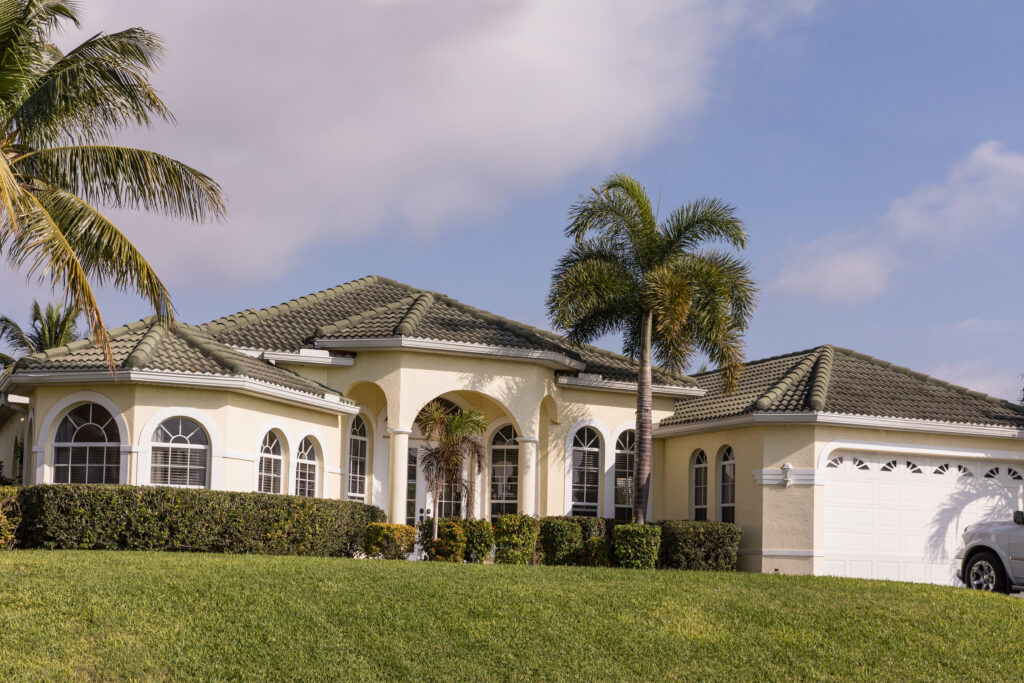
Upgrading Windows and Doors
As we have mentioned, your windows and doors are potential weak spots during a hurricane. Investing in high-quality options can give you the protection you need.
Impact-Resistant Windows
Impact windows are specifically engineered to handle the challenges of Florida’s hurricane season. With laminated impact glass and reinforced frames, they resist flying debris and strong winds. These solutions also reduce outside noise, block harmful UV rays, and may even lower your homeowner’s insurance premiums.
Pro tip: If you’re on the fence about going all in with impact windows, you might want to start with the most vulnerable areas. Sliding and large-picture windows are great candidates for impact-resistant upgrades.
Resistant Doors for Added Safety
How much protection can you expect from your doors? Unfortunately, standard doors are a mismatch for hurricane-force winds. Reinforced doors, made with impact-resistant materials, though, are designed specifically to withstand strong gusts and flying objects. Sliding glass doors, commonly found in Florida homes, should also be upgraded to impact glass for maximum safety.
Temporary Solutions: Hurricane Shutters
If replacing all your windows and doors isn’t an option at the moment, hurricane shutters offer a cost-effective alternative. Accordion shutters, roll-down shutters, or even fabric panels can provide short-term protection.
Just a little caveat: storm shutters require installation and don’t offer the convenience of year-round readiness like impact windows do.
Steps to Reinforce Roof Stability
Your roof serves as your first line of defense during a hurricane. Putting roof maintenance and upgrades on the back burner can result in severe damage and leave you vulnerable to water intrusion and structural compromise. In short: a well-maintained, reinforced roof is an absolute necessity in the state of Florida.
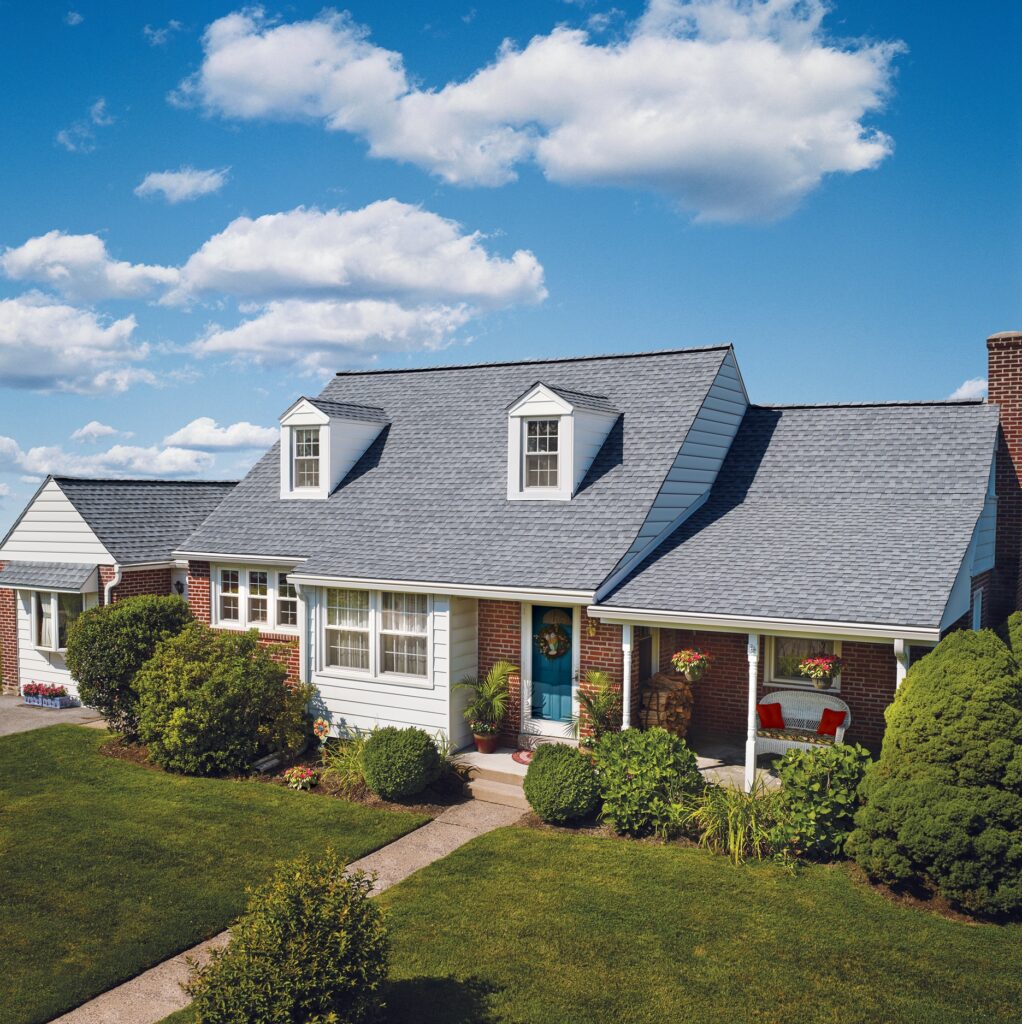
Strengthen Your Shingles
Your shingles protect the structural integrity of your home. Loose, cracked, or missing shingles form weak spots where wind and water can seep through and cause devastating damage. Hurricane-rated shingles are engineered specifically for the extreme conditions of a category 5 hurricane. They withstand winds of up to 155 mph or higher.
Benefits of investing in hurricane-rated shingles:
- Durability: They are thicker and more resilient than standard shingles, often made with polymer-modified asphalt.
- Waterproofing: These often come with advanced sealants that prevent water from seeping underneath.
- Wind resistance: Many hurricane-rated shingles feature interlocking tabs or adhesive strips to ensure they remain securely attached to the roof deck.
Reinforce Flashing and Roof Edges
Roof edges and flashing are among the most vulnerable parts of your roof. High winds can easily peel back poorly secured flashing. Use high-quality materials, such as corrosion-resistant metal flashing, to reinforce these areas. Secure the flashing with nails and sealant to prevent it from lifting during a storm.
Roof edges can be further fortified by installing a drip edge, which not only stabilizes shingles but also directs rainwater away from the fascia and foundation.
Anchor the Roof to the Structure
One of the most critical yet often overlooked upgrades is anchoring your roof to your home’s structure. Hurricane straps or clips made from galvanized steel secure the roof trusses or rafters to the walls of the house, reducing the likelihood of roof uplift during a storm.
Professional contractors can also evaluate your roof’s current attachment system and recommend upgrades.
Keep Gutters Clear
Blocked gutters can cause water to pool on your roof, increasing the risk of leaks, sagging, and even collapse. Over time, leaves, twigs, and dirt accumulate and reduce their capacity to guide water away from your home effectively.

Here’s how you can keep your gutters hurricane-ready:
- Clean regularly: Remove debris at least twice a year, with an additional cleaning before hurricane season.
- Install gutter guards: These prevent large debris from entering the gutters while allowing water to flow freely.
- Inspect for damage: Check for sagging sections, loose brackets, or rusted areas. Address these issues promptly to ensure the system functions optimally.
Additionally, ensure your downspouts are directed at least six feet away from your foundation to minimize the risk of water pooling near your home’s base.
Strengthen Soffits and Eaves
The soffits and eaves of your roof are overlooked weak points during a hurricane. Strong winds can easily rip off soffit panels, exposing the rafters and allowing water to infiltrate your attic. You can reinforce these areas by:
- Securing soffit panels with stainless steel screws
- Adding a bead of waterproof sealant where the panels meet the walls
- Installing vent covers to prevent wind-driven rain from entering
Professional Help for a Hurricane-Ready Roof
Roof inspections and reinforcements are best left to professionals who can identify potentially vulnerable areas that might escape the untrained eye. Certified contractors will assess the condition of your shingles, flashing, gutters, and overall structure to recommend affordable, high-impact solutions. Moreover, pros can also verify if your roof meets Florida’s hurricane building codes.
Outdoor Preparations to Reduce Hurricane Risks
Preparing your yard is as important as fortifying your home’s structure. The area surrounding your home can either serve as a protective barrier or a source of additional hazards during a hurricane.
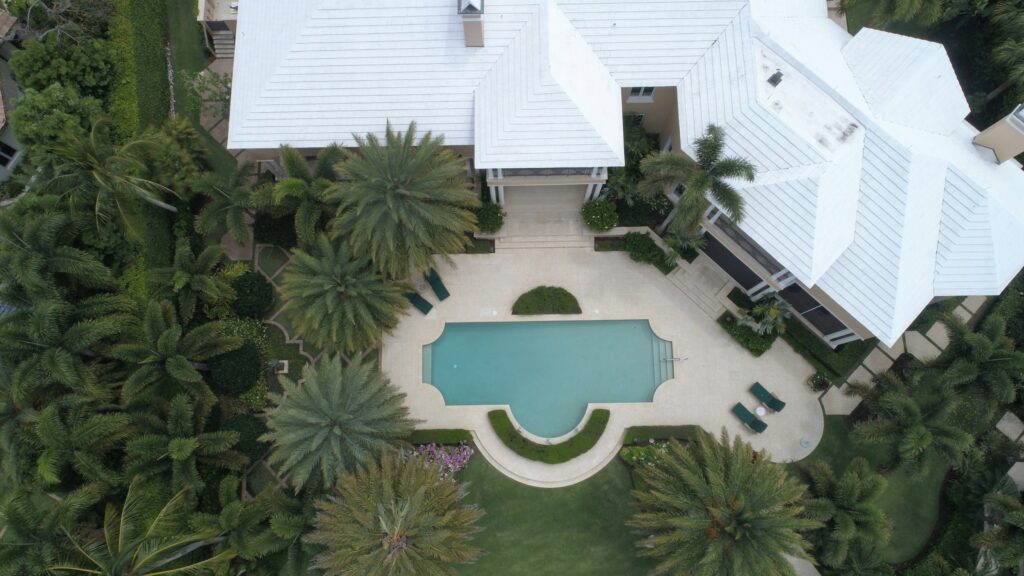
Clear Away Potential Projectiles
The smallest objects can cause damage when hurled at your home by hurricane-force winds. Loose yard furniture, garden tools, potted plants, and children’s toys can become airborne, breaking windows or damaging siding. To prevent this:
- Store items in a garage, shed, or other enclosed space
- Use heavy-duty storage bins for smaller objects that cannot be brought indoors
- Trim tree branches that overhang your roof or are close to hurricane windows to minimize the risk of them snapping off and causing damage
Secure Outdoor Structures
Larger outdoor features, such as gazebos, pergolas, and sheds, require extra attention. These structures are prone to tipping over or collapsing in strong winds unless properly anchored. Secure them with:
- Ground anchors: These can be installed into the ground and attached to the structure with cables or straps.
- Heavy-duty straps: Reinforce beams and joints to ensure the structure remains intact.
- Additional bolts: Tighten or add bolts to stabilize connections.
Address Landscaping Hazards
Replace heavy gravel or stones with lighter mulch, which is less likely to cause damage if displaced by wind. For trees, go for wind-resistant species with deep root systems, and make sure all plants are pruned and well-maintained to reduce uprooting risk.
Emergency Essentials for Hurricane Season
You can’t control the weather, but you can control how prepared you are for what nature throws at you. Stocking up on emergency supplies and planning ahead can make a challenging situation more manageable.
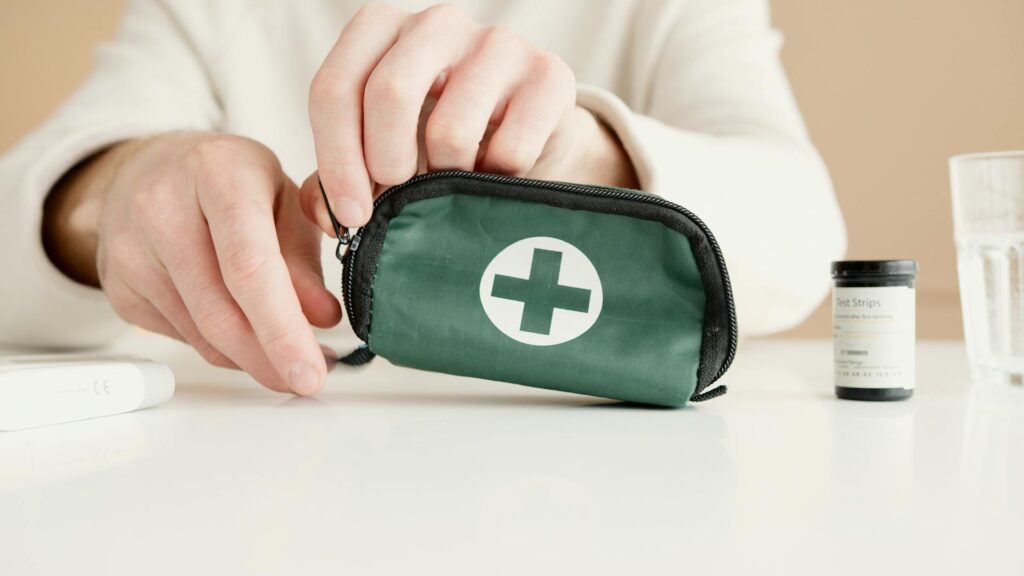
Create a Hurricane Kit
A well-prepared hurricane kit is a lifesaver. When making one, always assume there will be no wifi/internet, no reception, power, water, food, or even sources of heat. Here’s what you’ll need:
Food and Water
Stock at least three days’ worth of food and water for each family member. Non-perishable items like canned goods, protein bars, and dried fruits are best. Don’t forget a manual can opener. For water, aim for one gallon per person per day for drinking and basic hygiene. If you have pets, pack extra food and water for them, too.
Medical Supplies
Your kit should include a fully stocked first-aid kit with items like bandages, antiseptic wipes, gauze, and adhesive tape. Include prescription medications, making sure you have enough for at least a week. Then, also consider stocking up on pain relievers, antihistamines, and antibiotic ointments. For families with specific health needs, such as asthma or severe allergies, pack extra inhalers or EpiPens.

Tools and Lighting
Your phone’s flashlight isn’t as reliable as actual flashlights in an emergency. Pack extra batteries to ensure they stay functional. A multi-tool or pocket knife can help with basic tasks like opening packages, cutting rope or wires, or making emergency repairs. If you can get your hands on one, a portable radio to stay informed about weather updates if other communication methods fail.
Documents and Cash
Store critical documents like insurance policies, IDs, and medical records in a watertight bag. Have some cash in small denominations since card machines may be unavailable during power outages. Having a well-rounded kit ensures you’re ready for any emergency, giving you peace of mind during hurricane season.
Backup Power
Long power outages are common during hurricanes. Investing in a whole-home generator ensures you won’t be left in the dark. For smaller budgets, a portable generator can keep essential appliances running, like your refrigerator and phone charger.
Do you know how to shut off your utilities in an emergency? Practice these steps now so you’re ready when the time comes. Establish a family communication plan to keep everyone informed during a storm.
Insurance and Long-Term Planning for Hurricane Readiness

Hurricane preparation doesn’t end with securing your home; protecting the future of your finances is just as important. A comprehensive insurance policy and smart financial planning ensure you’re ready for both the storm and its aftermath.
Check Your Insurance Coverage
Get started by reviewing your homeowner’s insurance policy. While wind damage is often covered, flood damage usually requires a separate policy. Always confirm your deductible. Many Florida policies include a hurricane-specific deductible, a percentage of your home’s insured value.
Finally, if you’ve made upgrades like installing impact windows or reinforced roofing, notify your insurer, as these may qualify you for discounts. Document your belongings with photos and receipts to streamline the claims process.
Financing Home Improvements
Hurricane-resistant upgrades can be expensive, but programs like Florida PACE make them accessible. The PACE program allows you to finance impact-resistant windows, roof reinforcements, and other upgrades through property tax assessments — with no upfront costs.
If you don’t qualify, reputable contractors like FHIA provide financing options for home improvements as well.
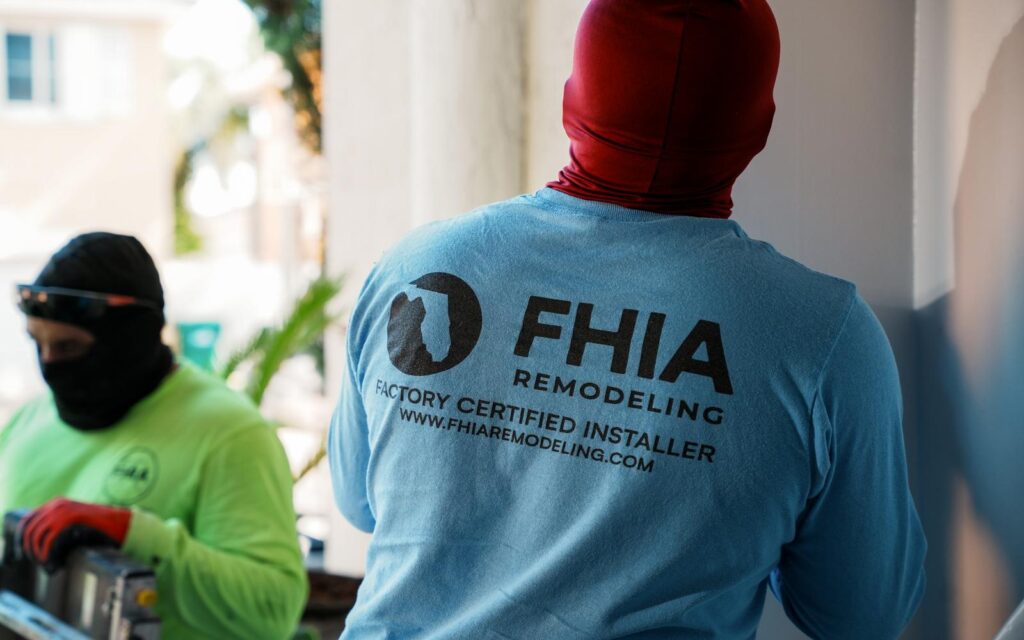
Bottom Line
Hurricane season doesn’t have to mean stress and uncertainty. FHIA Remodeling is here to make all the critical upgrades to your windows, doors, and roofs easier. From expert guidance on selecting the best hurricane solutions to flexible financing options tailored for Florida homeowners, we offer the support you need to build confidence in your home’s resilience.
Don’t leave your house’s safety to chance. Trust FHIA Remodeling to help you weather the storm — schedule your free consultation today.
FAQ
How soon before a storm should I begin preparations?
Start preparing for hurricane season at least one month in advance. Secure impact-resistant windows and doors, inspect your roof, clear gutters, and create an emergency kit. When a storm is imminent, finalize preparations 72 hours before impact.
What should I include in an emergency hurricane kit?
An emergency hurricane kit should include water (one gallon per person per day), non-perishable food, flashlights, batteries, a first-aid kit, medications, important documents, cash, phone chargers, hygiene products, a multi-tool, and a portable radio. Don’t forget supplies for pets and a backup power source if possible.
What are the most vulnerable parts of a home during a hurricane?
The most vulnerable parts are windows, doors, and the roof. High winds can shatter windows, break doors, and lift roofs without proper reinforcement. Secure these areas with impact-resistant materials, hurricane straps, and reinforced seals.
Will a Category 3 hurricane break windows?
Yes, a Category 3 hurricane (111–129 mph winds) can break standard windows through flying debris or wind pressure. Upgrading to hurricane windows prevents shattering and provides essential protection for your home during such storms.
How to build a house to withstand a Category 5 hurricane?
To withstand a Category 5 hurricane, use impact-resistant windows, reinforced concrete walls, hurricane straps for roof anchoring, and wind-rated doors. Building codes in hurricane-prone areas like Florida offer guidelines for storm-resilient construction.

